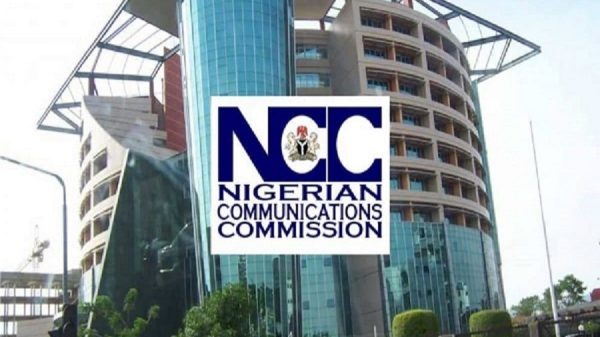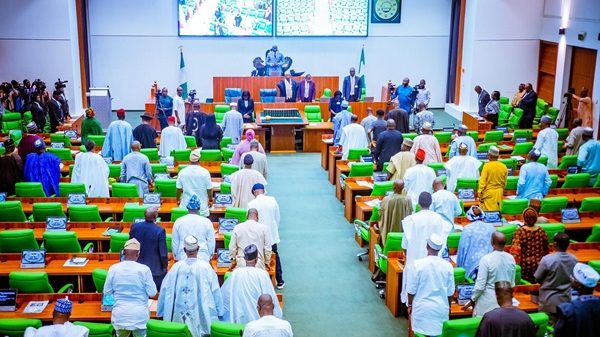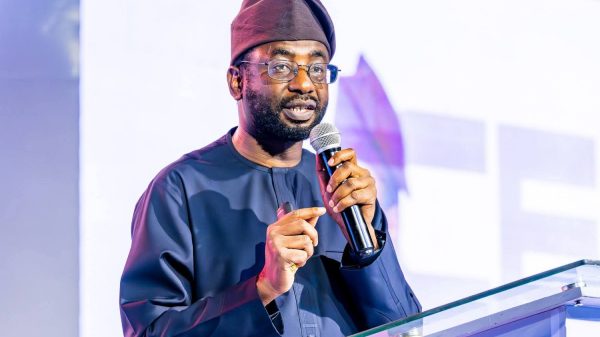Efforts to strengthen public trust in democratic processes by promoting a more resilient, inclusive and accountable information ecosystem in West and Central Africa are gaining momentum.
This follows the roll-out of a research project by Paradigm Initiative titled, “Countering Information Disorder in West and Central Africa: Analyzing the Dynamics, Impacts, Actors and Strategic Responses,” being implemented in partnership with researchers and institutions across the following six countries: Benin, Cameroon, Côte d’Ivoire, Ghana, Nigeria and Senegal.
The project, funded by the International Development Research Centre (IDRC) responds to the growing threat of information disorders such as misinformation (information that is false but not created with the intention of causing harm), disinformation (information that is false and deliberately created to harm a person, social group, organisation or country) and malinformation (information that is based on reality, used to inflict harm on a person, social group, organisation or country).
Over the last three years, disinformation campaigns targeting the region have increased, and are more sophisticated, impacting how people perceive institutions, respond to national events and participate in democratic processes. Such campaigns have contributed towards eroding trust, amplifying divisions and weakening the legitimacy of governance systems.
Paradigm Initiative’s Research Lead, Sani Suleiman Sani said the goal of the project is to improve public trust in democratic processes by enhancing the resilience of the information ecosystem through research, evidence-based advocacy and capacity building. “The regions we are looking into are dominated by linguistic diversity, complex political landscapes and rapid digital expansion, which is likely to give us an interesting perspective,” he added.
The research will be able to diagnose the root causes of information vulnerability by examining the social, political and technological conditions that increase individual and community vulnerability to misinformation, disinformation and malinformation, and be able to assess the online-offline circular effect of the phenomenon.
The study will also contribute towards deepening understanding of the information disorder ecosystem by examining how false or misleading information is created, spread and consumed. This will entail mapping key actors ranging from individuals and automated bots to coordinated networks and institutions, alongside the tactics they employ such as emotional manipulation, news fabrication and exploitation of platform algorithms.
Findings of the research will be crucial in informing effective policy and platform responses by producing evidence-based recommendations for national governments and technology platforms with the aim of promoting rights-respecting interventions that uphold democratic values and enhance public safety.
Another objective of the project is to strengthen media literacy and public resilience by supporting initiatives that help individuals develop critical thinking, verification skills and the ability to navigate complex information environments.
In addition to the above, the research also aims to contextualise the drivers and impacts of information disorder with attention to local linguistic, cultural, gender and political dynamics. “This ensures that strategies developed are grounded in the lived realities of diverse communities across the six focus countries,” Sani added.
![]()




























































